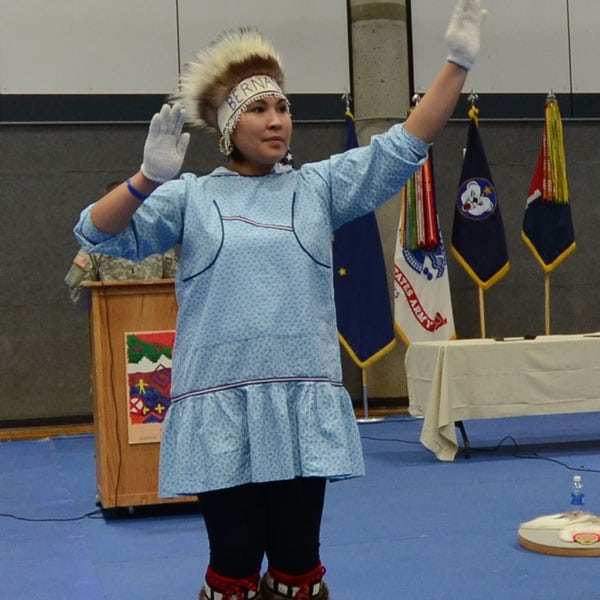
September 28, 2018; Daily News-Miner (Fairbanks, AK)
Governor Bill Walker declared a “linguistic emergency” this week ordering a number of measures be taken to preserve the state’s rich mix of 21 Alaskan Native languages. Part of this effort will be manifest in efforts that support “their perpetuation and inclusion in public institutions.” This includes public signage, which will now reflect “accurately spelled traditional Alaska place names,” but it goes beyond language issues to require tribal liaisons to each principal department in an effort to engage the government-to-government relationships with Alaska tribes.
Sign up for our free newsletters
Subscribe to NPQ's newsletters to have our top stories delivered directly to your inbox.
By signing up, you agree to our privacy policy and terms of use, and to receive messages from NPQ and our partners.
“This order focuses on concrete ways Alaska can show leadership to support its first people and their languages—one of our richest and most at-risk resources,” Walker said. “It’s our responsibility to acknowledge government’s historical role in the suppression of indigenous languages, and our honor to move into a new era by supporting their revitalization.”
The action was recommended in a fascinating investigative report issued by the Alaska Native Language Preservation Advisory Council that warned that Alaska’s native languages face extinction or dormancy before the end of the 21st century “unless there are well planned, well-implemented policy changes which support people learning and speaking Alaska Native language daily throughout Alaska.” The report’s authors see support of language revitalization as a core element of cultural justice. The report speaks to the historical trauma of forced colonialization and assimilation and identifies the state’s active support of native language revitalization as a key part of a reconciliation process. It relates language revitalization to voting, schooling, and other critical aspects of self-determination in a democracy, and is well worth the read.—Ruth McCambridge













